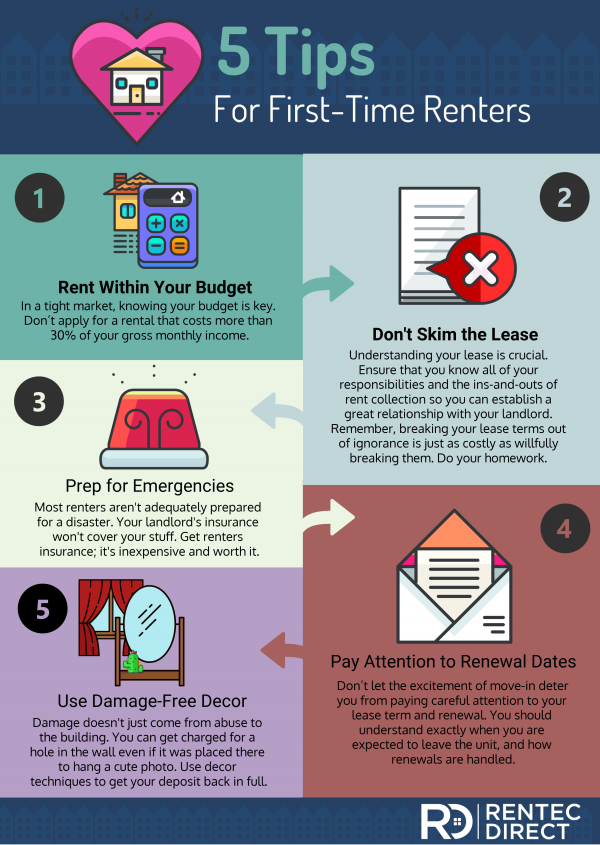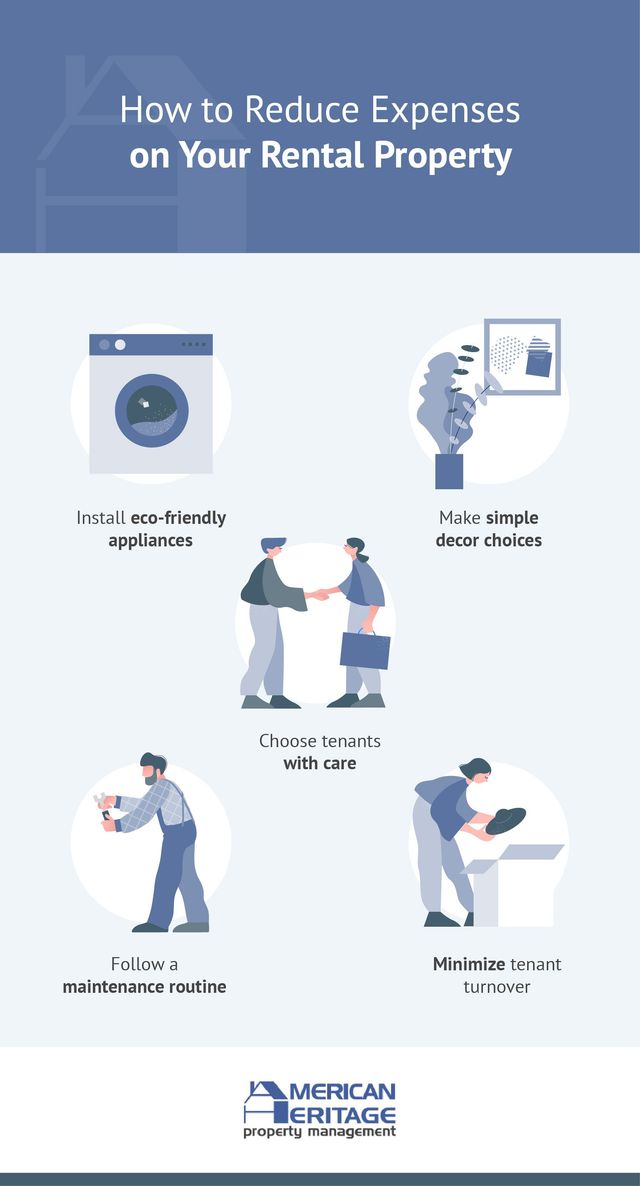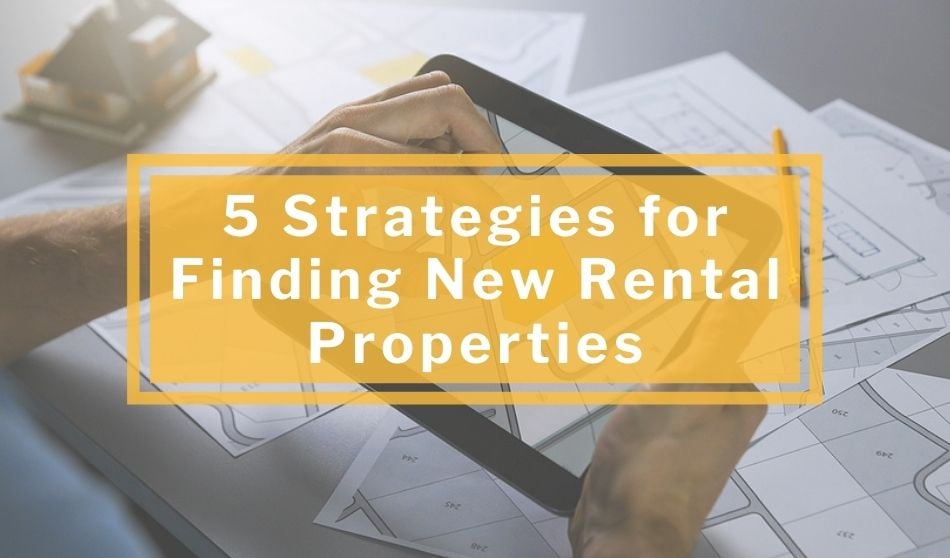Unlock the secrets to successful rental property management with these 5 expert tips from seasoned industry professionals. Don’t miss out!

Image courtesy of George Becker via Pexels
Table of Contents
Welcome to our guide on rental property management! If you’re a property manager or a landlord looking for expert tips on how to effectively manage your rental properties, you’ve come to the right place. In this article, we will cover essential strategies and advice that will help you maintain your properties, find the right tenants, and handle all aspects of rental management with confidence.
Managing rental properties is a significant responsibility that requires careful attention to detail and a proactive approach. By understanding the key principles and best practices of property management, you can not only ensure the success of your rentals but also provide a positive experience for your tenants. Let’s dive into the world of rental property management and discover how you can excel in this important role!
Understanding Your Responsibilities
As a landlord, it’s crucial to understand your responsibilities to effectively manage a rental property. Let’s dive into the roles and duties that come with being a landlord.
The Basics of Being a Landlord
Being a landlord entails various responsibilities, such as ensuring the property is well-maintained and safe for tenants. It also involves collecting rent on time and addressing any issues that may arise during a tenancy.
Legal Responsibilities
It’s important for landlords to be aware of legal obligations, such as providing a habitable living environment, following fair housing laws, and adhering to eviction procedures. Understanding and abiding by these laws is essential for a successful rental management experience.
Finding the Right Tenants
When renting out a property, it’s crucial to find tenants who will treat it with care and pay their rent on time. To do this, landlords can conduct a thorough screening process. This typically involves asking for references from previous landlords, running credit checks, and verifying employment. By vetting potential tenants in this way, landlords can feel more confident that they are choosing responsible individuals to live in their property.
Creating Appealing Listings
To attract the right tenants, it’s important to create appealing listings for the rental property. This can include high-quality photos, detailed descriptions of the property’s features, and highlighting any amenities that make it stand out. By putting effort into crafting an attractive listing, landlords can catch the attention of potential tenants and increase their chances of finding the ideal renter for their property.
Maintaining Your Property
In rental property management, maintaining your property is crucial for keeping it in good condition and ensuring the satisfaction of your tenants. By staying on top of regular upkeep and promptly addressing repair requests, you can prevent costly repairs down the road and create a positive living environment for your tenants.

Image courtesy of www.rentecdirect.com via Google Images
Regular Upkeep
Regular upkeep involves conducting routine maintenance tasks to keep your rental property in optimal condition. This includes tasks such as lawn care, pest control, HVAC system maintenance, and general cleanliness. By staying proactive with maintenance, you can prevent small issues from turning into major problems, saving time and money in the long run.
Handling Repair Requests
When tenants report a maintenance issue or request a repair, it’s essential to address it promptly and efficiently. Responding quickly to repair requests not only shows your tenants that you care about their well-being but also helps maintain a positive relationship with them. Make sure to communicate clearly with your tenants about the timeline for repairs and keep them updated on the progress to ensure their satisfaction.
By prioritizing regular upkeep and effectively managing repair requests, you can maintain your property in excellent condition and create a positive living experience for your tenants.
Financial Management
In rental property management, financial management plays a crucial role in ensuring the success of your investments. As a landlord or property manager, it’s essential to understand how to handle the financial aspects of your properties effectively. Here are some important tips to help you manage the finances of your rental properties.
Setting the Right Rent Price
One of the key factors in successful property management is setting the right rent price for your rental units. It’s important to strike a balance between maximizing your rental income and attracting quality tenants. Conducting market research to understand the rental rates in your area and comparing your property to similar ones can help you determine a fair rent price.
Keeping Track of Expenses
Managing expenses is another critical aspect of financial management in rental properties. Keeping detailed records of all expenses related to your properties, such as maintenance costs, property taxes, insurance, and utilities, is essential for budgeting and maintaining profitability. By tracking your expenses, you can identify areas where you can cut costs and increase your overall return on investment.
Effective Communication with Tenants
Building positive relationships with your tenants is a crucial aspect of effective rental management. When you have a good rapport with the people living in your property, it can make managing the property much smoother. By being respectful, responsive, and empathetic towards your tenants, you can foster a sense of trust and cooperation.

Image courtesy of www.rentecdirect.com via Google Images
Resolving Conflicts
Conflicts may arise between landlords and tenants, but it’s essential to handle them professionally and promptly. When faced with disagreements or issues, listen to your tenants’ concerns carefully and try to find a solution that works for both parties. Clear communication and a willingness to address problems can help prevent conflicts from escalating.
By maintaining open lines of communication and addressing issues in a timely manner, you can create a positive rental experience for both yourself and your tenants. Effective communication fosters a sense of community and respect, leading to better tenant satisfaction and successful rental management.
Utilizing Technology
Technology plays a crucial role in streamlining operations and making the management of rental properties more efficient. Let’s explore some of the ways property managers and landlords can leverage technology to their advantage.
Management Software
property management software is designed to simplify tasks such as rent collection, property maintenance tracking, and communication with tenants. These tools can help property managers stay organized and ensure that all necessary tasks are completed in a timely manner. Popular options include AppFolio, Buildium, and Rent Manager, each offering unique features to meet different needs.
| Tip # | Expert Advice |
|---|---|
| 1 | Establish clear communication with tenants to prevent misunderstandings |
| 2 | Regularly inspect the property to address maintenance issues promptly |
| 3 | Keep detailed records of rental income and expenses for tax purposes |
| 4 | Screen potential tenants carefully to avoid problematic renters |
| 5 | Stay informed about local rental laws and regulations to protect your investment |
Online Payment Systems
Gone are the days of collecting rent checks in person or waiting for them to arrive in the mail. Online payment systems make the rent collection process quick and convenient for both landlords and tenants. By setting up online payment options, property managers can ensure timely payments, reduce instances of late payments, and easily track transaction history. Platforms such as PayPal, Venmo, and Zelle make it easy for tenants to pay rent electronically.
Staying Legal
When you’re managing a rental property, it’s crucial to stay within the bounds of the law. Understanding the legal aspects of rental management ensures that you comply with housing laws and regulations.

Image courtesy of www.ahpm.biz via Google Images
Understanding Housing Laws
As a property manager or landlord, it’s essential to know the laws that govern rental properties. These laws cover aspects such as tenant rights, property maintenance standards, lease agreements, and eviction procedures. Familiarize yourself with local, state, and federal regulations to avoid any legal issues.
Handling Evictions
In some cases, evictions may be necessary due to non-payment of rent, lease violations, or other reasons. It’s important to follow the correct procedure when evicting a tenant to avoid legal repercussions. This process typically involves providing proper notice, filing the necessary paperwork with the court, and adhering to eviction laws in your area.
By staying informed about housing laws and handling evictions correctly, you can protect your rights as a property manager while also respecting the legal rights of your tenants.
Planning for the Future
As a property manager, it’s essential to not only focus on the present but also plan for the future to ensure the growth and success of your rental property business. long-term strategic planning can set you up for continued prosperity and expansion. Here are some tips on how to plan effectively for the future:
Long-term Investments
One crucial aspect of planning for the future of your rental property business is making smart long-term investments. Investing in upgrades, renovations, or additional properties can increase the value of your assets and attract higher-quality tenants. Consider budgeting for projects that will enhance the appeal and functionality of your properties, ultimately leading to increased rental income and property value.
Scaling Your Business
Scaling your rental property business involves expanding your portfolio strategically to maximize profitability. This can be achieved by acquiring more properties, diversifying your investments, or entering new markets. Before scaling your business, conduct thorough research, assess market trends, and evaluate your financial resources. Scaling requires careful planning to ensure that you can effectively manage the increased workload and responsibilities that come with growth. By scaling your business wisely, you can achieve long-term success and stability in the rental property market.
Conclusion
Managing a rental property can seem overwhelming, but with the right knowledge and tools, it can be a rewarding and successful venture. By following the expert tips outlined in this guide, property managers and landlords can effectively navigate the responsibilities of rental property management and ensure the long-term success of their investments.

Image courtesy of www.rentecdirect.com via Google Images
From understanding your responsibilities as a landlord to finding the right tenants, maintaining your property, and managing your finances, each aspect of property management plays a crucial role in the overall success of your rental business. Effective communication with tenants, utilizing technology, staying legal, and planning for the future are key components that should not be overlooked.
Remember, the key to successful property management lies in staying organized, maintaining open communication, and staying proactive in addressing any issues that may arise. By implementing the tips provided in this guide, property managers and landlords can create a positive, efficient rental management experience for both themselves and their tenants.
Frequently Asked Questions (FAQs)
1. How to Handle Tenant Screening?
When it comes to finding the right tenants for your rental property, it’s crucial to conduct a thorough screening process. This usually involves requesting references from previous landlords, performing credit and background checks, and verifying income. By doing this, you can ensure that you select tenants who are trustworthy and reliable.
2. What Should I Do When Tenants Request Repairs?
As a property manager or landlord, it’s essential to address repair requests promptly and efficiently. Be sure to have a reliable maintenance team or contractors on hand to address any issues that arise. Open communication with tenants about the repair process is also key to maintaining a positive relationship.
3. How Can I Determine the Right Rent Price?
Setting the right rent price for your rental property is crucial to attract tenants and generate income. To determine a fair price, consider factors such as the location, size, condition, and amenities of the property, as well as the current market trends. Conducting market research and comparing similar properties in the area can also help you set a competitive rent price.
4. What Are Some Tips for Resolving Conflicts with Tenants?
Conflict with tenants can sometimes arise, but it’s important to handle these situations calmly and professionally. Listen to your tenants’ concerns and try to find a mutually agreeable solution. Communication is key when resolving conflicts, so be sure to keep an open line of dialogue and address any issues promptly to prevent escalation.
5. How Can I Scale My Rental Property Business?
If you’re looking to expand your rental property portfolio and scale your business, consider setting long-term goals and developing a strategic plan. Assess the market for potential investment opportunities, explore financing options, and continue to educate yourself on property management best practices. Building a strong network of industry professionals and staying current with market trends can also help you grow your business successfully.
Idaho Poperty Management
